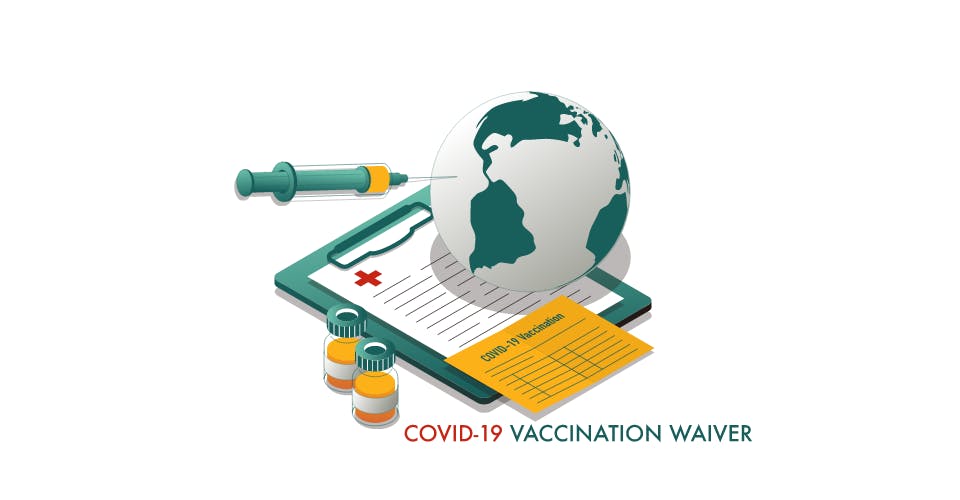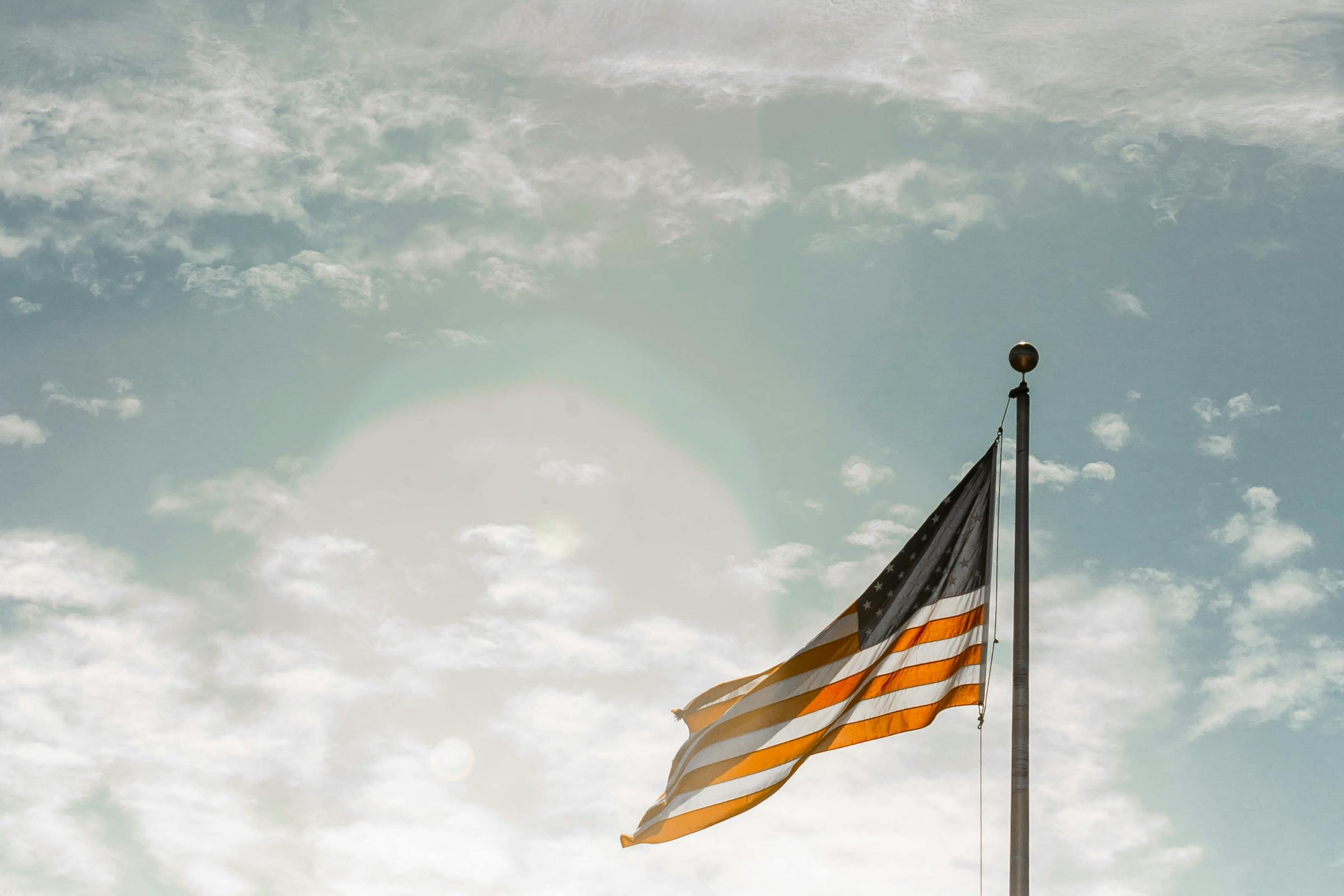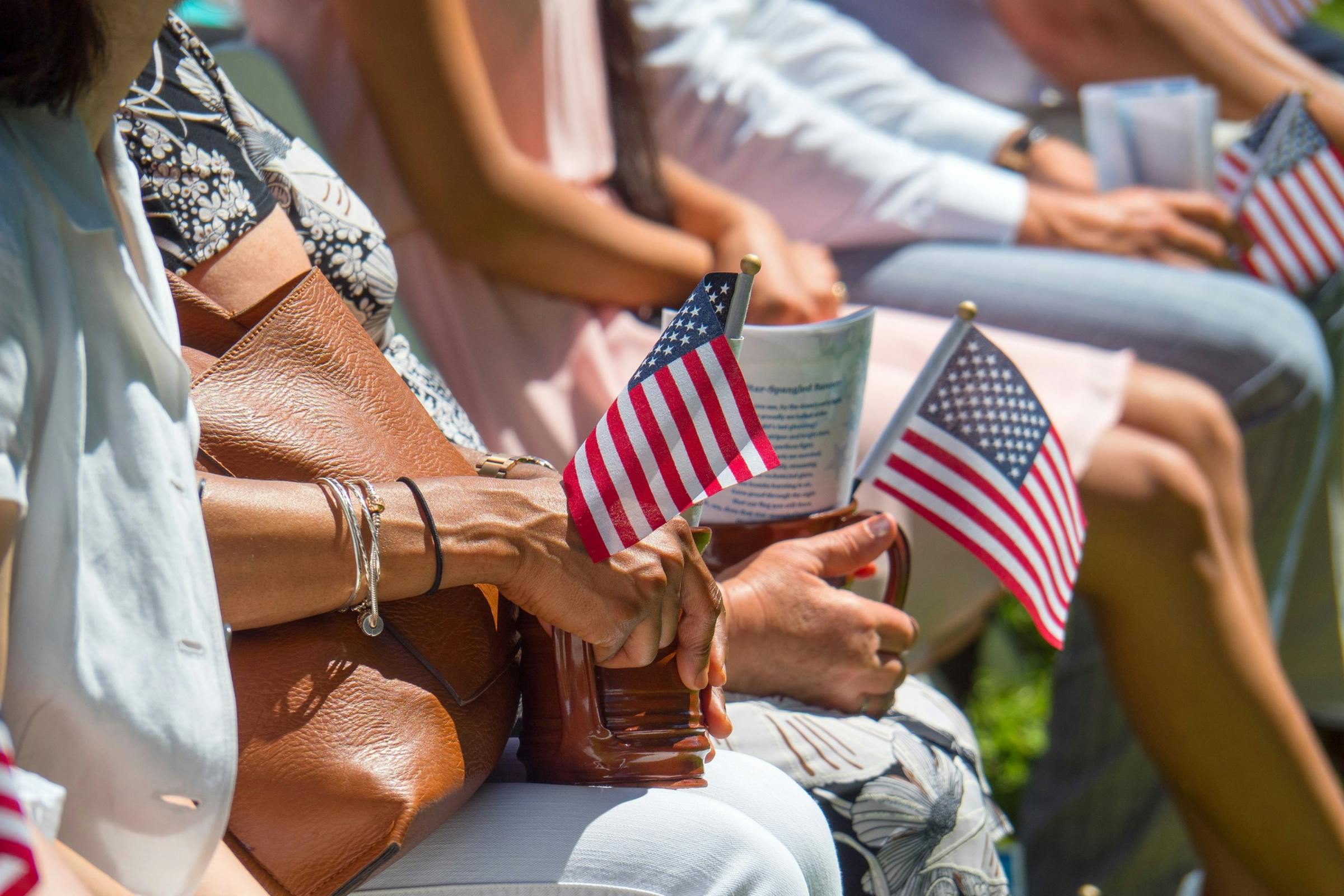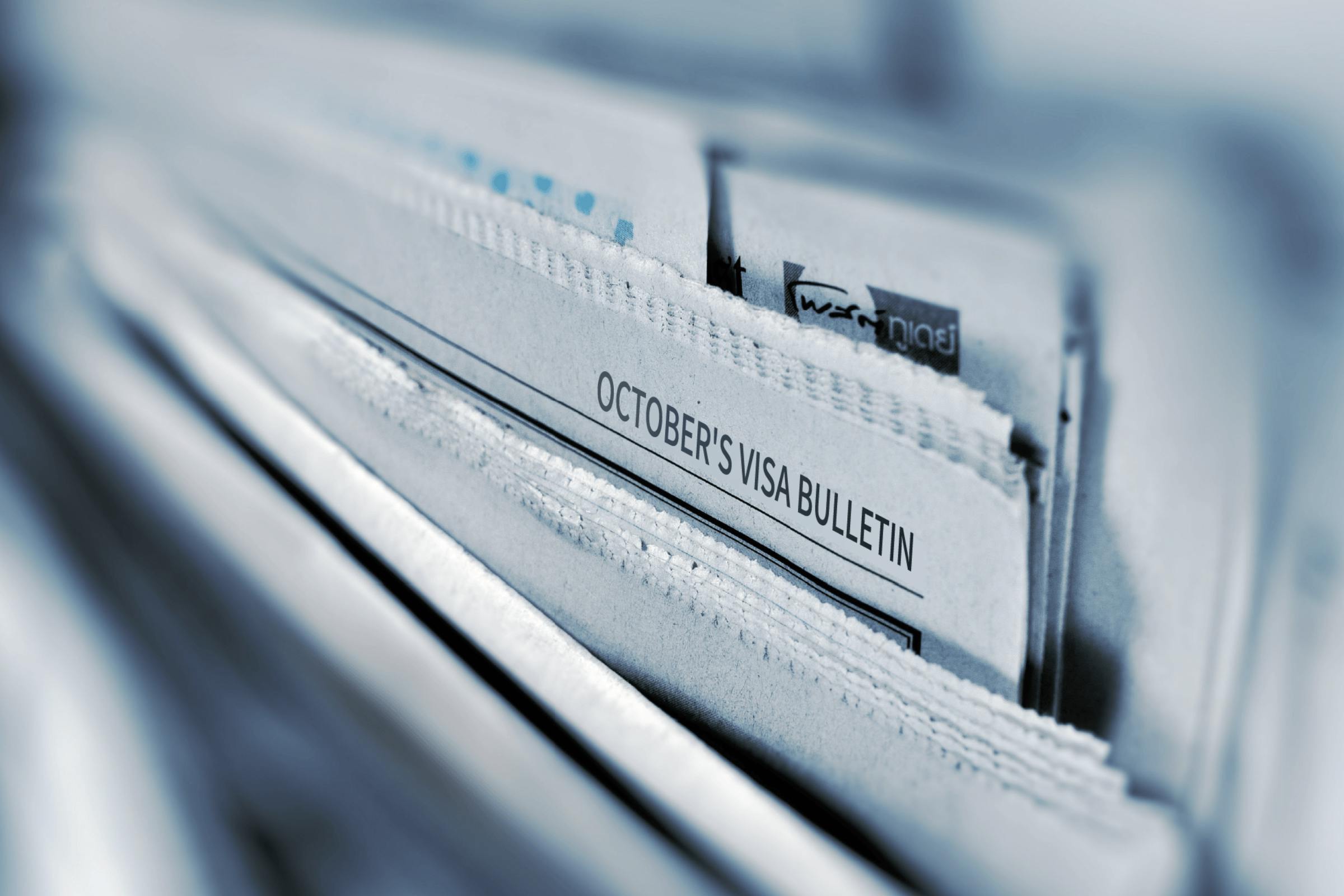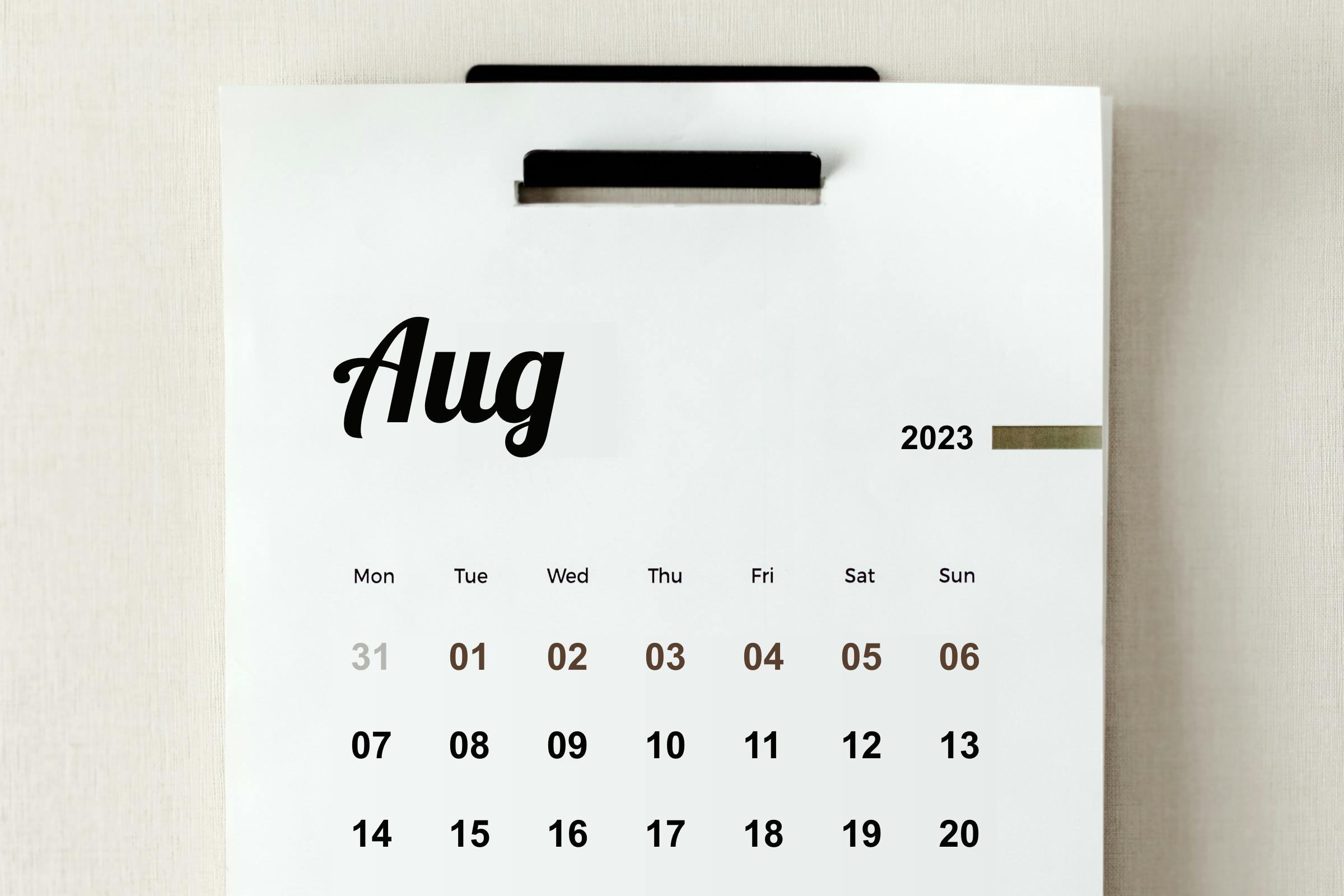The State Department announced last week that all K-visa applicants, non-immigrants, and visa immigrant applicants will need to receive a full dose of Covid-19 vaccination prior to being issued a visa to travel to the United States. This means that applicants who are citizens of underdeveloped countries will also need to get the vaccine, even if it remains a difficult process. While the State Department has mentioned that a blanket waiver applies for citizens of countries where the vaccine is “not routinely available”, they haven’t really defined what this means or how each country context might play out when it comes to dismissing a visa appointment or interview.
Supply Shortages
If you look at the New York Times World Vaccination Tracker, the map displayed does a good job showing audiences just how the vaccine rollout is going around the world. Western developed nations, as well as middle income countries are leading the vaccination effort with second dose rates above 50 percent. For example, Canada has one of the highest vaccination rates in the world, with a second dose rate of 73 percent. China also has 73 percent of its population fully vaccinated.[1] This is indicated by the dark green color highlighting these nations.
However, if you look more closely at the map, you will notice the greatest disparity of vaccine rollout occurs between the Global North and the Global South. Many sub-Saharan African nations are in the midst of a vaccine crisis, which means that immigrants, or those in the midst of consular processing, will have to forgo their Covid vaccine in-country and receive it when they arrive in the United States. The only outlier on the African continent that has a decent percentage of its citizens fully vaccinated is Morocco, which has 53 percent of its population fully vaccinated.[2]
Such supply shortages, which are also taking place in South Asia, as well as pockets of Latin America, have to do with the fact not enough vaccines have actually reached these countries. In April, when India was experiencing its second wave from the virus, one of the worlds biggest vaccine manufacturers halted exports to Africa.[3]
Export bans are also affecting production efforts, making it difficult for some African nations to receive enough doses in a timely manner per regulatory requirements.
Effects on Consular Processing
Because there is no official way to tell whether or not consular processing applicants will be able to get a waiver, this definitely presents some gray areas and potential problems for those seeking US visas abroad. For example, if your country has a vaccine available, but it will take months to schedule your first or second dose, how will this play out for K-visa applicants expecting to see their fiancés in the United States? Similarly, for employment based visa applicants from developing countries, such delays in getting vaccinated abroad might leave applicants simply opting for getting the vaccine once they enter the U.S. These questions have still yet to be fully answered.

